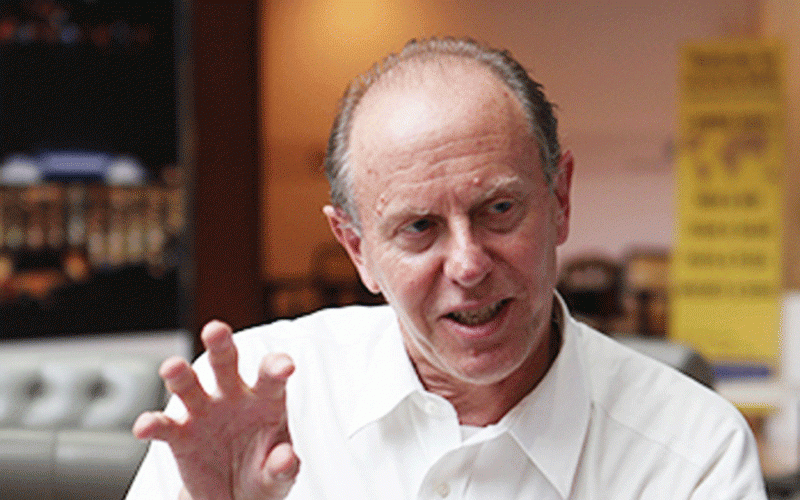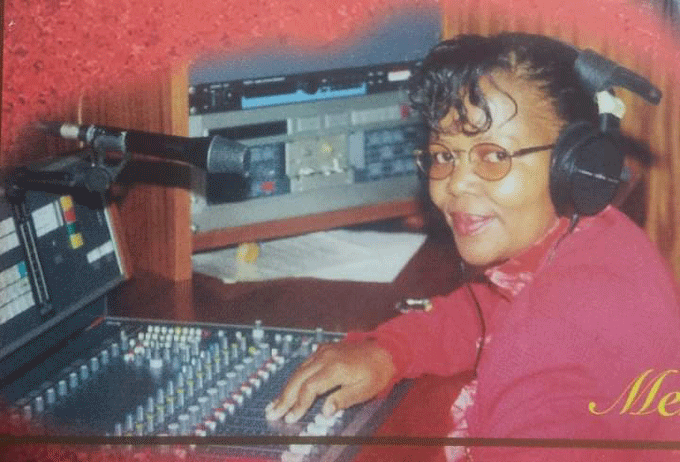
By John Masuku
VISUALLY impaired since birth, well-known disability activist Masimba Kuchera prides himself as having learnt excellent conversational Ndebele and sharpened his English and Shona-speaking skills by spending most of his boyhood years in the early 1980s glued to the radio set, enjoying different programmes.
“I would listen to English and Shona news first then carefully listen to the correspondent Ndebele bulletins to muster the translations of titles, items, activities and different news contexts. I also learnt a lot from schools broadcasts on Radio Four (now ZBC National FM) and rich expressions used in English soccer commentaries by the likes of Evans Mambara and Charles Mabika on Radio One(Classic 236),” said Kuchera.
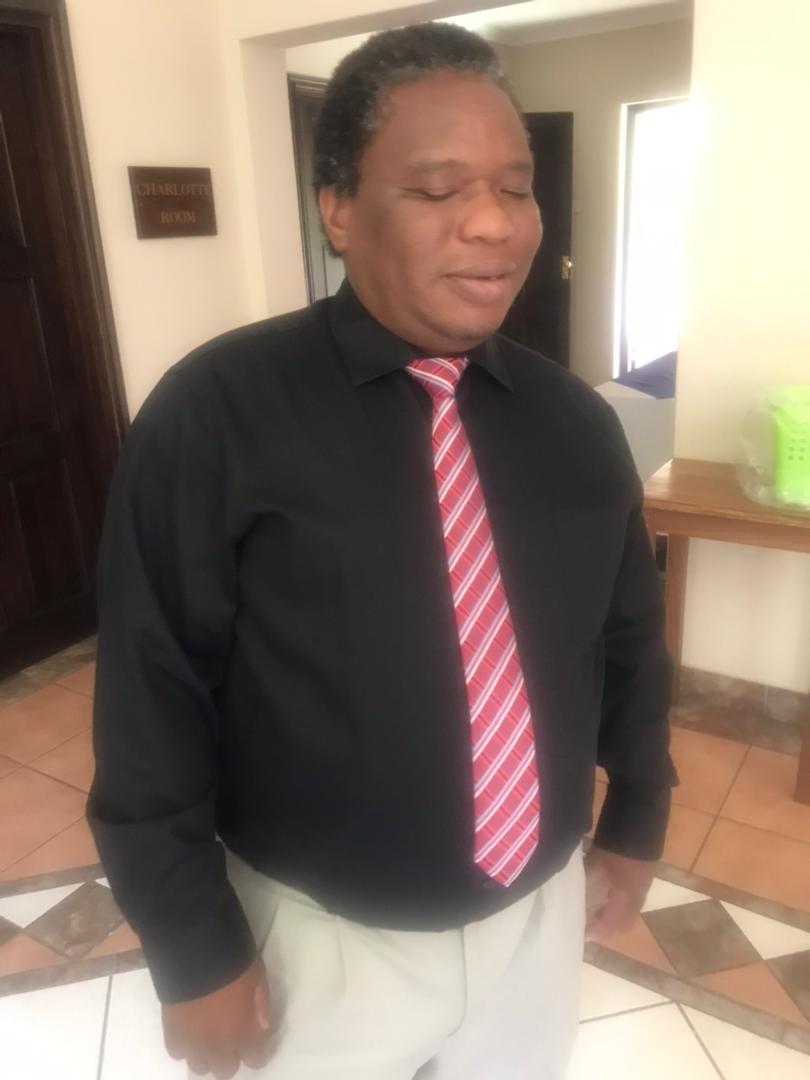
With Radio and Trust being the 2022 International World Radio Day theme many yesteryear broadcasters decried diminishing trust in the audio medium due to lack of depth by some young broadcasters in delivering well-researched content in polished local languages which can also benefit new learners.
Due to the delayed liberalisation of airwaves in Zimbabwe during colonial and post-independence eras, state-controlled stations under RBC and ZBC-dominated public opinion in the country to the extent that radio was the most trusted source for explaining puzzling issues and confirming proper usage of terminologies and expressions
“Our parents would not miss news especially the 7pm bulletin. Where there were no sets in the homes they would go to the shops a distance away. Those days radios were not switched on all day in order to save on batteries lest people missed out on important information still to come. Besides news people enjoyed music programmes, dramas, quizzes and book reading. Languages were not mixed up and undermined as they are today,” explained Maguire Godzongere, a gifted multi-lingual who after ZBC, worked at the Parliament of Zimbabwe as an interpreter until his retirement recently.
When the drive to liberate the country and challenge the colonialists’ repressive narratives escalated in the 1960s/1970s people sought to also rely on alternative political news from Short
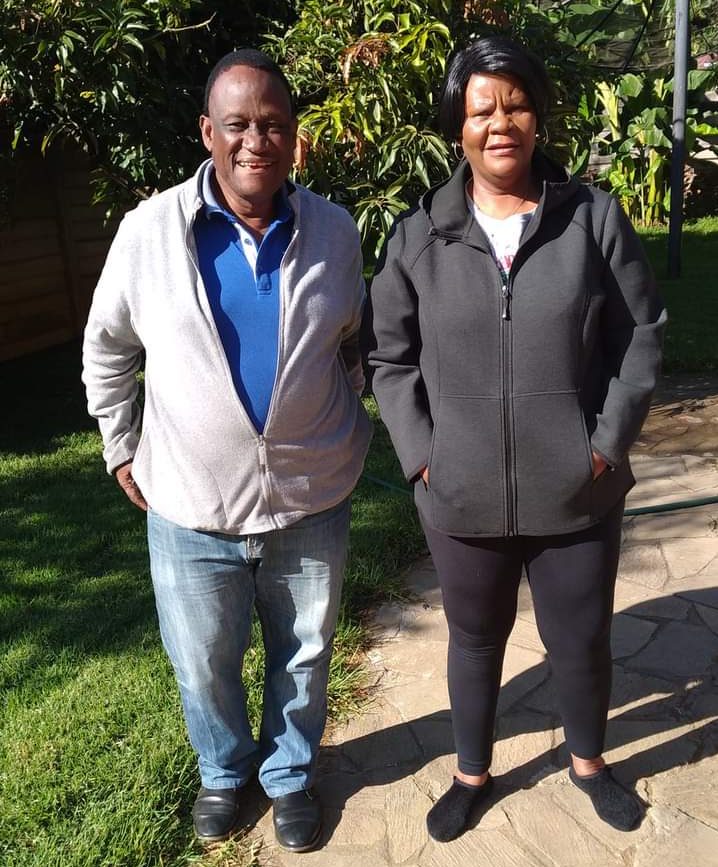
Wave radio stations set up by the liberation movements — Zapu led by the late vice-president Joshua Nkomo and Zanu first, under late Reveverend Ndabaning Sithole later succeeded by the late former President Robert Mugabe. Every evening people secretly accessed the Zapu stations beaming from Moscow, Russia and Lusaka. Zanu on the other hand also mobilised thousands of citizens to join the war from their Voice of Zimbabwe in Maputo at times being granted airspace in Dar es Salaam Tanzania and Addis Ababa, Ethiopia. Since people’s trust in the liberation movements grew they flocked to neighbouring countries join the war to free themselves.
- Chamisa under fire over US$120K donation
- Mavhunga puts DeMbare into Chibuku quarterfinals
- Pension funds bet on Cabora Bassa oilfields
- Councils defy govt fire tender directive
Keep Reading
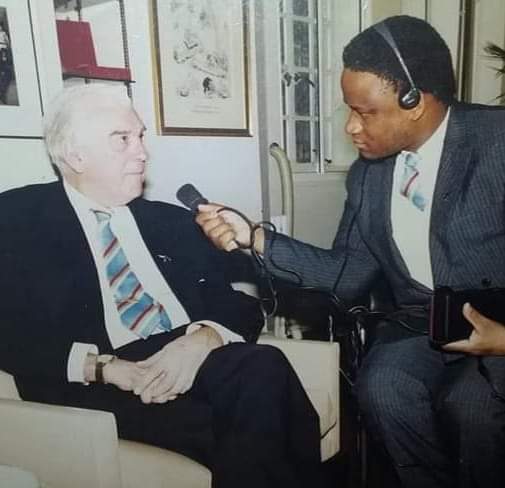
Former assistant head of Radio Two Amon Nyamambi, who before Independence led Bulawayo’s then popular Radio Mthwakazi, an early well-received forerunner to community broadcasting in the country believes that as times change people’s perspectives also change throughout generations .
“You will recall that prior to the 1950s radio was not known to us as it was a white man’s preserve and prerogative we viewed as some magic apparatus. But as more people began to afford it they also increased their belief in news and information that it delivered,” said Nyamambi, a language enthusiast, who encourages fellow broadcasters to respect all national languages and speak them properly in news and programmes.
I concur with ‘Maqhulayibambe, the former Zinhle Indaba Ezinhle (Poetry Corner) anchor as I always get annoyed with advertisers and radio stations, who disrespectfully use unsuitable voices that destroy other communities’ languages without getting fluent speakers to advertise important corporate and government products and services. Unfortunately, the media is no longer scouting for very efficient multi-lingualists as before.
Nonceba Mnkandla, from Montrose Studios Bulawayo and Joseph Panganayi Mukaronda at Mbare Studios in Harare once took Kwaziso/Ukubingelelana listenership on Radio Two to higher levels proffers that things that diminish people’s trust in radio should be investigated and corrected.
“Yesteryear generations entirely relied on radio before the advent of many new media platforms which now make some broadcasters lazy to frequently go to the people to closely understand and appreciate their ways of life. While access has drastically improved trust still remains questionable due to overdependence on the internet without much fact checking. As for viability stations will pick up when the economy improves,” assets Mnkandla, who currently hosts a breakfast show on the privately owned Skyz Metro FM in Bulawayo.
Killian Butu, another retired broadcaster, believes that social media should complement radio journalism rather than being the sole provider of content and and major influencer.
“Today’s radio seems to promote love affairs and sexism big time above encouraging good cultural values. Well-managed radio can be viable although our current economic environment may fail to sustain envisaged profitability,” observes Butu .
UK-based John Matinde, former head of Radio Three (ZBC Power FM) and an ex-staffer at the now shut SWRadio Africa in London in reflecting on the past also applauds the growth of radio in Zimbabwe in recent years.
“Entertainment such as The Surf Show Pick A box, the Mukadota Family and Sakhelene Zinini were big value before Uhuru. Education, drama, comedy, poetry, culture and traditional music solidified the knowledge base with many groups always keen to actively participate in radio programmes. I personally enjoy presenting music shows but also strongly advocate for a radio environment that targets different listeners’ tastes,” said Matinde, a former rock DJ, who also presented Sounds on Saturday on television.
As Zimbabwe celebrates World Radio Day particularly the licensing of the first community radio stations, broadcasters should now strive to increase diversity, inclusivity and more believability in news bulletins, programmes and viewpoints in order to create broadly trusted choices for radio listeners.
The party goes on in Chiredzi the centre of this year’s celebrations.
- The writer John Masuku is a veteran radio and television personality-cum-media trainer/consultant. Contact him on Twitter @john-masuku and Email: [email protected]

